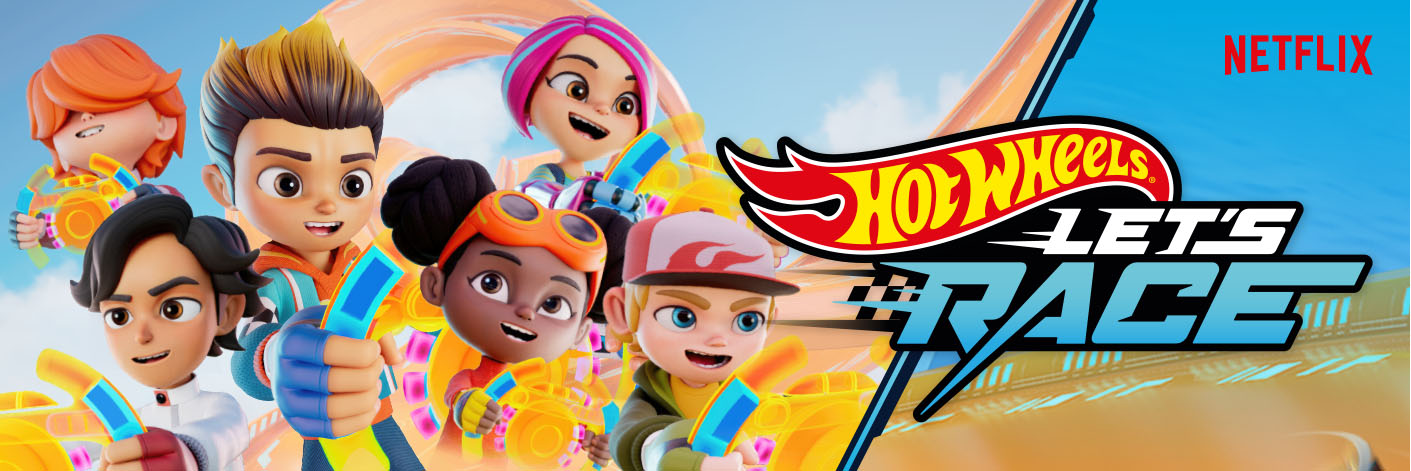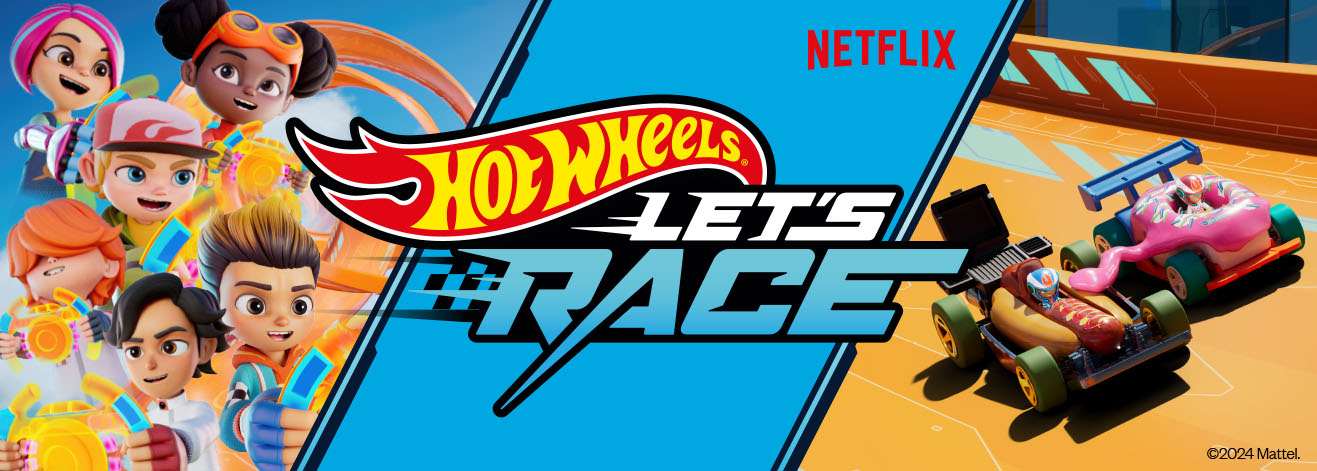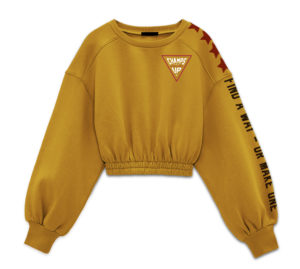It may be highly competitive, it may even be getting a little bit crowded at times, but there’s one thing that the pre-school sector hasn’t become in recent years – particularly now, as audiences shift their viewing habits and the means in which they engage with it – and that is, a done deal.
Compared to the work that has been going on behind the scenes of some of the most powerful digital brands in the pre-school space today, it’s relatively early days for the licensing world. It’s not been until recently that licensing has paid close attention to the kind of pre-school IP grown from the ground upwards on platforms like YouTube, and only in the last year or two that it has recognised the power that such brands can wield.
Moonbug prides itself as being one of the pioneers of this space. Just take a look at the portfolio it boasts today: CoComelon, Blippi, Little Baby Bum, and more waiting in the wings, all of which have managed to strike a particular chord with children and families on a global scale, and all of which have been the subject of some world-spanning master toy and consumer products partnerships, all driven by worldwide demand.
The world’s recent lockdown at the hands of the coronavirus pandemic, suggests Moonbug Entertainment’s senior in-house advisor, Simon Philips, simply helped to drive that engagement further. Suddenly, co-viewing between parents and children increased, and families the world over began to better see the value in the digital medium as both a means of entertainment and education for children.
Licensing.biz catches up with Moonbug Entertainment’s Philips to talk about the rocketing popularity of the company’s portfolio, it’s ongoing mission to disrupt the pre-school sector, and what kind of plans it has in place for 2021 and beyond.
Can we kick off with an overview of what Moonbug incorporates, you guys create, produce and publish much of the content yourselves, before handling the licensing and merchandising opportunities?
Today, Moonbug is the largest digital kids media company in the world. We have done this primarily by identifying and acquiring the most exciting kids shows with untapped potential and investing in them to create more episodes, develop new storylines and expand their reach across multiple platforms. This approach then allows us to make those brands more accessible through licensing and merchandising opportunities – deepening our connection with the audience and growing the brand identity.
There’s been a lot of activity from Moonbug this past year, and a lot of demand for the IP portfolio, including CoComelon, Blippi and Little Baby Bum, what is it that Moonbug is bringing to the licensing space and the children’s entertainment space?
The licensing world is now turning their attention to something we are proud to have been pioneers in – the potential and power of digital brands. Early on, we focused almost exclusively on tapping into the undiscovered pool of talented creators on digital platforms who not only had significant viewership, but also a very loyal audience.
Our thesis, which now has been proven, was simple: empower our creative team to build on these huge hits, increase the speed of production, and then distribute it across our vast distribution network. This seemed like an obvious opportunity to offer kids and families new and engaging content while growing these brands into global franchises. Over time, our creative, data and distribution teams are always looking at what works, what doesn’t, and how to deliver more of what kids and families want.
Moonbug has demonstrated that there is room in the pre-school space to disrupt and break the traditional, how has the past year or so been for you guys in terms of growth, engagement, audience reach? Why is now the right time for Moonbug to be doing what it is doing?
Historically, there was a focus on exclusive content on individual streaming platforms. Our strategy from the beginning has been more content on more platforms. It has been validating to see that the viewing patterns of the modern family reflect our approach – with increasing co-viewing across streaming platforms and connected TVs.
The democratization of content and the freedom for families to decide what, when, and where they watch their favorite programs has been a huge driver in the growth of our portfolio, which culminated with two of our largest acquisitions and raising an additional $120 million in funding.
We believe we are well positioned to keep growing as we continue to see the immense value ‘content-everywhere’ has to our audience as pre-schoolers are platform agnostic, caring only about watching their favorite characters on screen.
We think this means meeting your audience where they are. This is why we are incredibly excited that today, Moonbug’s shows are on over 100 platforms globally and at the top of the Netflix rankings. Our portfolio currently has more than 7 billion average monthly views on YouTube alone.
Is there an overall mission or goal for Moonbug in terms of its licensing and consumer product partnerships?
We are making educational, family-oriented shows more accessible. By acquiring new shows and expanding them to new platforms, we’re bringing our programs into even more homes around the world. The trust of families is especially important to us and we provide the programming parents can trust will keep their children entertained while also learning along the way. We are very deliberative and thoughtful to make sure that the licensing product fits the value of the content and reflects a fun learning experience for children everywhere.
It’s been a bit of an odd year – how have you guys seen consumer and viewer habits change over the course of 2020 and how are you placed to tap into these changes? What of these changes do you think will stay with us going forward?
The co-viewing between parents and children was one trend we saw increase during the lockdowns, leading to a greater appreciation of how content can be used as a learning tool. As parents are taking a more active role in their children’s learning, our shows have become both a resource to parents and a moment of joy for the child.
We began to see this shift before the lockdowns and it has since accelerated — we expect the trend to continue as an expression of consumer behavior.
Can you talk us through the strength of the Moonbug Music arm of the business – how big a market has the children’s music/audio space become and what are your plans for developing and innovating in this space?
We view music as an essential part of how kids and families engage with our content. A show’s soundtrack not only draws people in, but helps with their retention of the content. Our team is always working to understand the interplay between the music and narrative. We’re continuing to experiment with new ways to use music as a critical component to developing compelling, educational and family-friendly content.
What’s the next big step for Moonbug?
While this has been a very big year for us, it is only the beginning and there are many new things to come in 2021. Next year, there will be more of the engaging shows that kids know and love, along with many more original products. On the licensing side, we will be building on the incredible success of Little Baby Bum, Blippi, and CoComelon toys by introducing complementary products from apparel to games, bedding, and everything in between.














